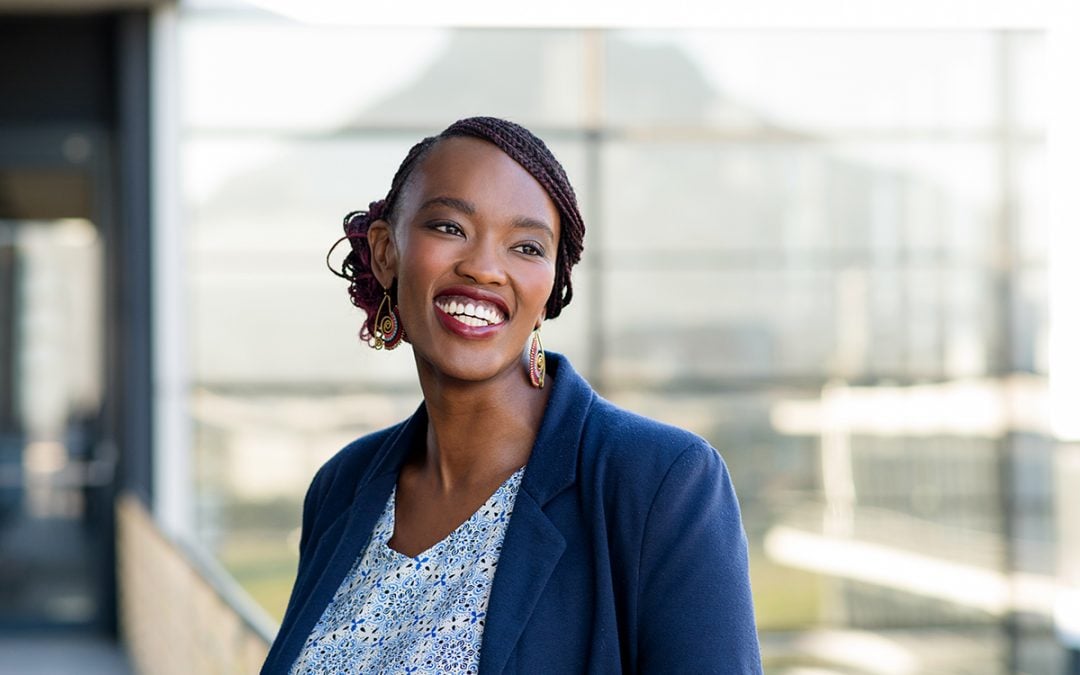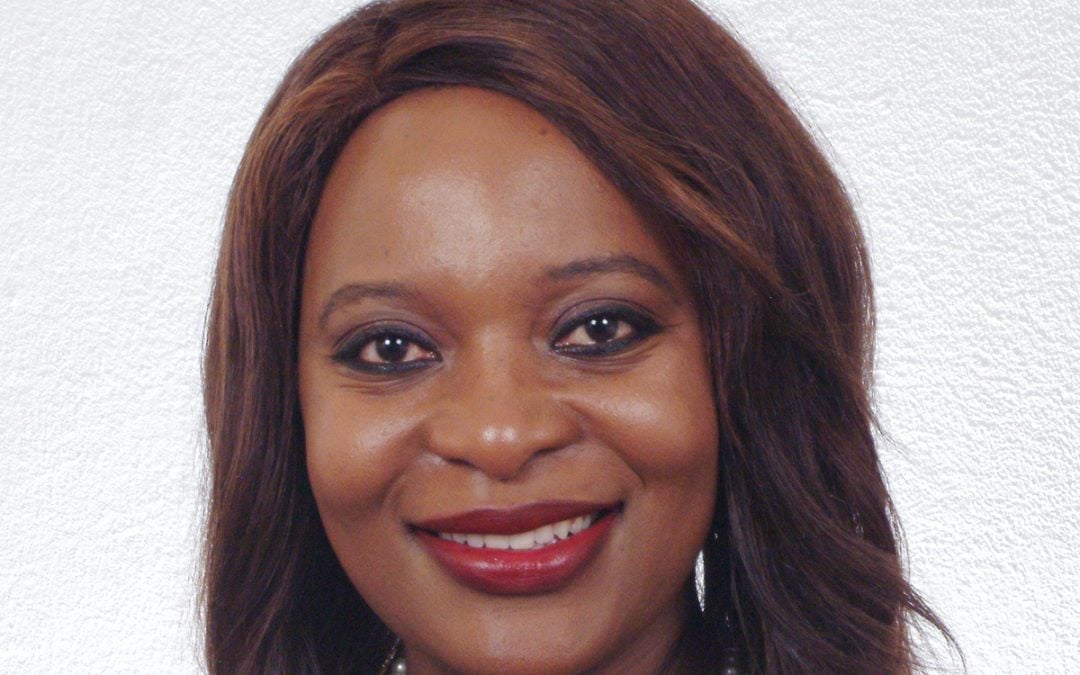Outspoken Dr Margaret Mojapelo has survived the “fight of her life” against Covid, and is now planning a fresh battle to trigger major changes in healthcare provision across the country.
She has two ambitious goals: bolstering public-private partnerships so world-class medical centres can treat uninsured patients through government subsidies; and creating a national mentorship scheme that encourages youngsters to train for a medical career and stick with it for life.
At 62, Mojapelo has the experience to believe these are essential, and the clout to hopefully make the government listen. She’s delighted by the appointment of her former mentor Joe Phaahla as the health minister and her former classmate, Dr Sibongiseni Dhlomo, as his deputy. They can expect a phone call from Mojapelo very soon.
The doctor, affectionately known as Dr Maggz, is the founder of Mediwell, a medical centre in Dainfern with ambitions to expand across Africa. Although Dainfern is an upmarket estate, Mediwell’s database of 10 000 patients includes taxi drivers, waiters and domestic workers from the Fourways area. She runs the centre — with her daughter Dr Malebo Mokotedi — as a multidisciplinary private practice with facilities including dental, physiotherapy, X-ray and haematology services, as well as a theatre. “It works so well because it’s a one-stop facility. It’s the model of the future because Covid has taught us that individual practices that are prevalent in South Africa are very vulnerable if you get Covid,” she says.
Most of Mediwell’s 40 employees are female, and it is so well respected that job vacancies attract hundreds of applicants. This has inspired Mojapelo to work on a recruitment database for other practices that need staff. As a huge believer in harnessing technology to improve healthcare, she’s also embedding a digital platform called Pocket Couch into their services to match patients with therapists for virtual consultations, now that mental health issues have been exacerbated by the pandemic.
One scheme Mojapelo has long been trying to launch is a package offering essential consultations and check-ups for R350 to employed people who do not have health insurance. It would be free to the patient, with government paying the fee. This would give workers high-quality care and save them having to take the whole day off to attend a public hospital. But government support has not been forthcoming. “It’s a model for universal healthcare. I don’t like the idea of the NHI [National Health Insurance], but I want people who are employed but uninsured to have access to affordable healthcare at world-class facilities,” she says.
Another goal is to massively expand Mediwell’s mentoring scheme, where aspiring healthcare workers can come to learn. This needs rolling out to high schools and universities in partnership with government and private healthcare centres, Mojapelo believes. The youth need to be motivated and inspired by what can be achieved in the profession, but if they only see public hospitals, they’ll be deterred from a career in healthcare, she fears.
The doctor has also established a digital Healthcare Workers Heroes Memorial on YouTube to honour health practitioners who died in the line of duty from Covid. The video ends with a spine-chilling list of more than 700 professors, doctors and nurses — putting names to the statistics.
In South Africa, we are specialists in mediocrity. You must look at best practices and evolve.




























